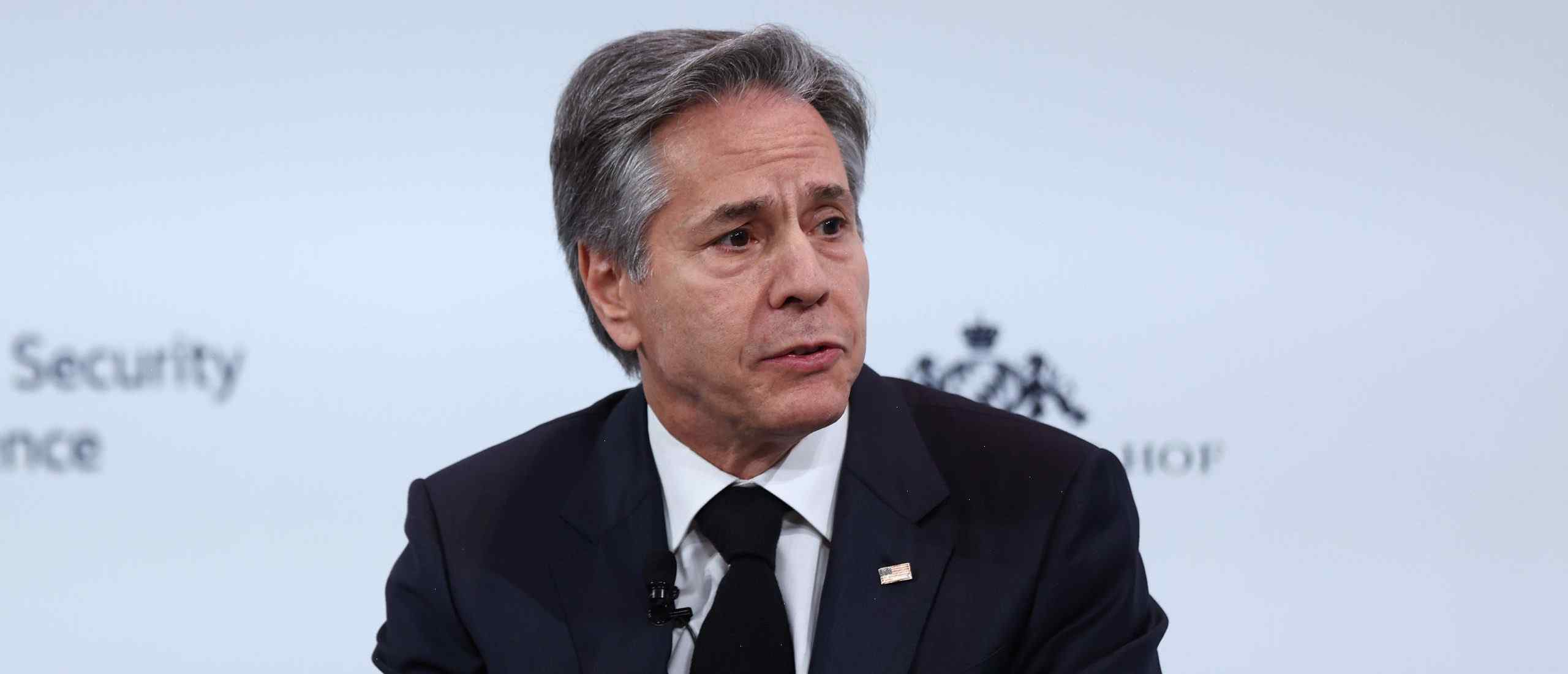US Secretary of State Antony Blinken has faced criticism for deleting a social media post calling for a cease-fire between Israel and Palestine, amid escalating violence in the region. The move has sparked concerns about America’s commitment to peace negotiations and its ability to broker a lasting resolution to the decades-long conflict.
The deleted post, which was published on Twitter earlier this week, urged both sides to “stop the violence” and “work towards a peaceful solution.” It came as tensions continued to rise following a series of deadly attacks and retaliatory strikes, leaving scores of civilians dead and injured on both sides.
However, within hours of posting, Blinken’s tweet was removed, prompting widespread speculation about the reasons behind the decision. Some observers suggested that the move may have been motivated by pressure from pro-Israel groups or a desire to avoid antagonizing the Netanyahu government, which has been critical of international calls for restraint.
A State Department spokesperson later clarified that the deletion was due to “an error” and insisted that the US remained committed to facilitating a peaceful end to the conflict. However, many experts remain skeptical, pointing to Washington’s longstanding bias towards Israel and its reluctance to take concrete action against settlement expansion and human rights abuses.
The incident highlights the challenges facing diplomatic efforts to resolve the Israeli-Palestinian conflict, which has defied numerous attempts at peace negotiations over the years. Despite occasional flickers of hope, the situation remains dire, with deepening divisions, entrenched occupation, and spiraling violence threatening the very prospect of a two-state solution.
As the world watches anxiously, questions persist about the role of external actors in shaping the conflict’s trajectory. Can the United States, with its significant political and economic influence, play a genuinely evenhanded role in mediating the dispute? Or will competing interests and domestic politics continue to undermine the pursuit of a just and durable peace?
For now, the ball lies firmly in Washington’s court, as policymakers weigh their options and confront the daunting task of reconciling conflicting regional interests. As the death toll mounts and despair grips both sides, finding a way forward becomes increasingly urgent. In the face of such pressing needs, perhaps a revised approach – one prioritizing dialogue, mutual understanding, and creative problem-solving – can yet emerge, offering a ray of hope for a beleaguered region.

